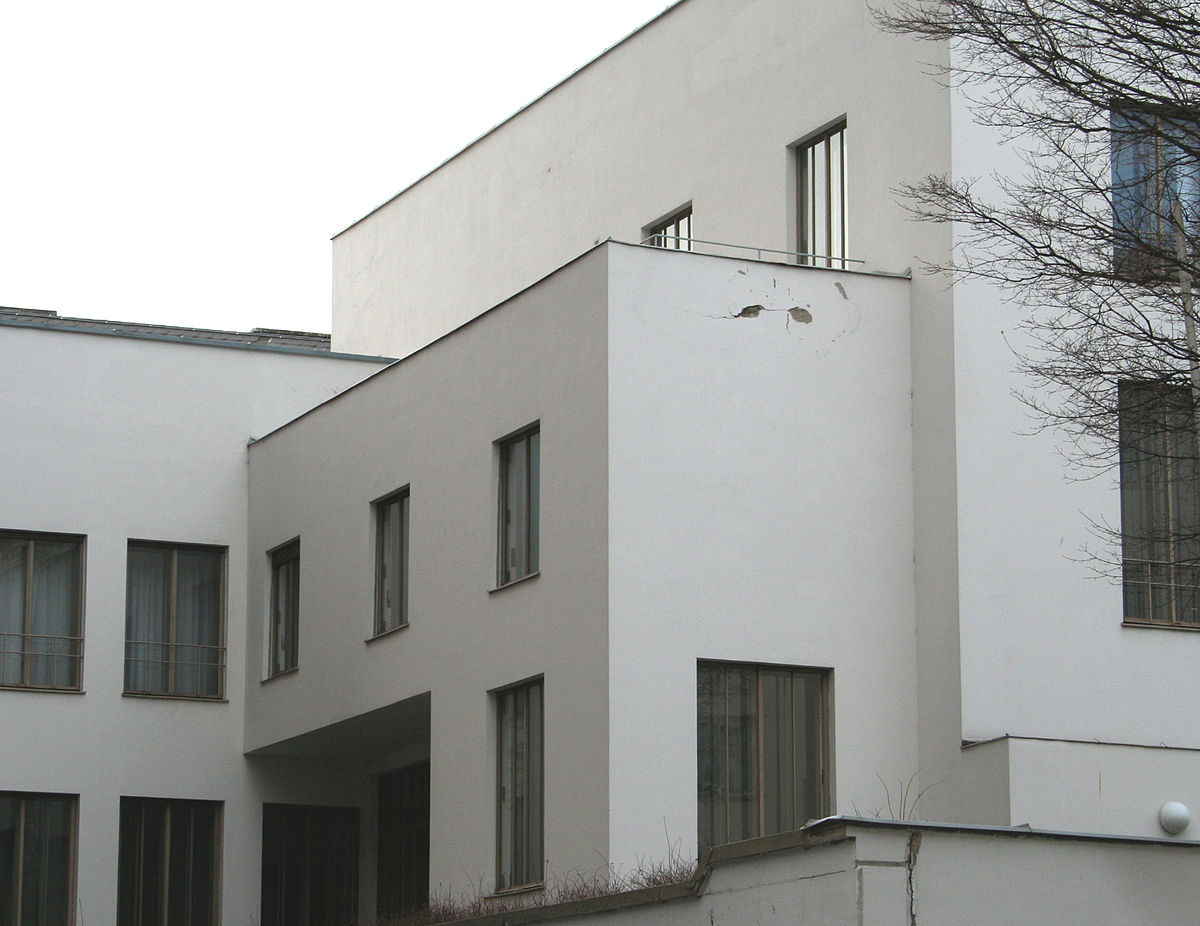Culture compared to civilization: can unity be found amid the call for progress?
This book is written for those who are in sympathy with the spirit in which it is written. This is not, I believe, the spirit of the main current of European and American civilization. The spirit of this civilization makes itself manifest in the industry, architecture, and music of our time, in its fascism and socialism, and is alien and uncongenial to the author. This is not a value judgment. It is not, it is true, as though he accepted what nowadays passes for architecture as architecture or did not approach what is called modern music with the greatest suspicion (though without understanding its language), but still, the disappearance of the arts does not justify judging disparagingly the human beings who make up this civilization. For in times like these, genuine strong characters simply leave the arts aside and turn to other things and somehow the worth of the individual finds expression. Not, to be sure, in the way it would at a time of high culture. A culture is like a big organization which assigns each of its members a place where he or she can work in the spirit of the whole; and it is perfectly fair for his or her power to be measured by the contribution he or she succeeds in making to the whole enterprise. In an age without culture on the other hand forces become fragmented and the power of an individual is used up in overcoming opposing forces and frictional resistances; it does not show in the distance he or she travels but perhaps only in the heat he or she generates in overcoming friction. But energy is still energy and even if the spectacle our age affords us is not the formation of a great cultural work, which the best people contributing to the same great end, so much as the less impressive spectacle of a crowd, whose best members work for purely private ends, still we must not forget that the spectacle is not what matters….
It is all one to me whether or not the typical western scientist understands or appreciates my work, since he or she will not in any case understand the spirit in which I write. Our civilization is characterized by the word “progress.” Progress in its form rather than making progress being one of its features. Typically it constructs. It is occupied with building an ever more complicated structure. And even clarity is sought only as a means to this end, not as an end in itself. For me on the contrary clarity, perspicuity are valuable in themselves….
So I am not aiming at the same target as the scientists and my way of thinking is different from theirs.
Ludwig Wittgenstein, ca. 1930 in Culture and Value, trans. P. Winch (revised)









Leave A Comment